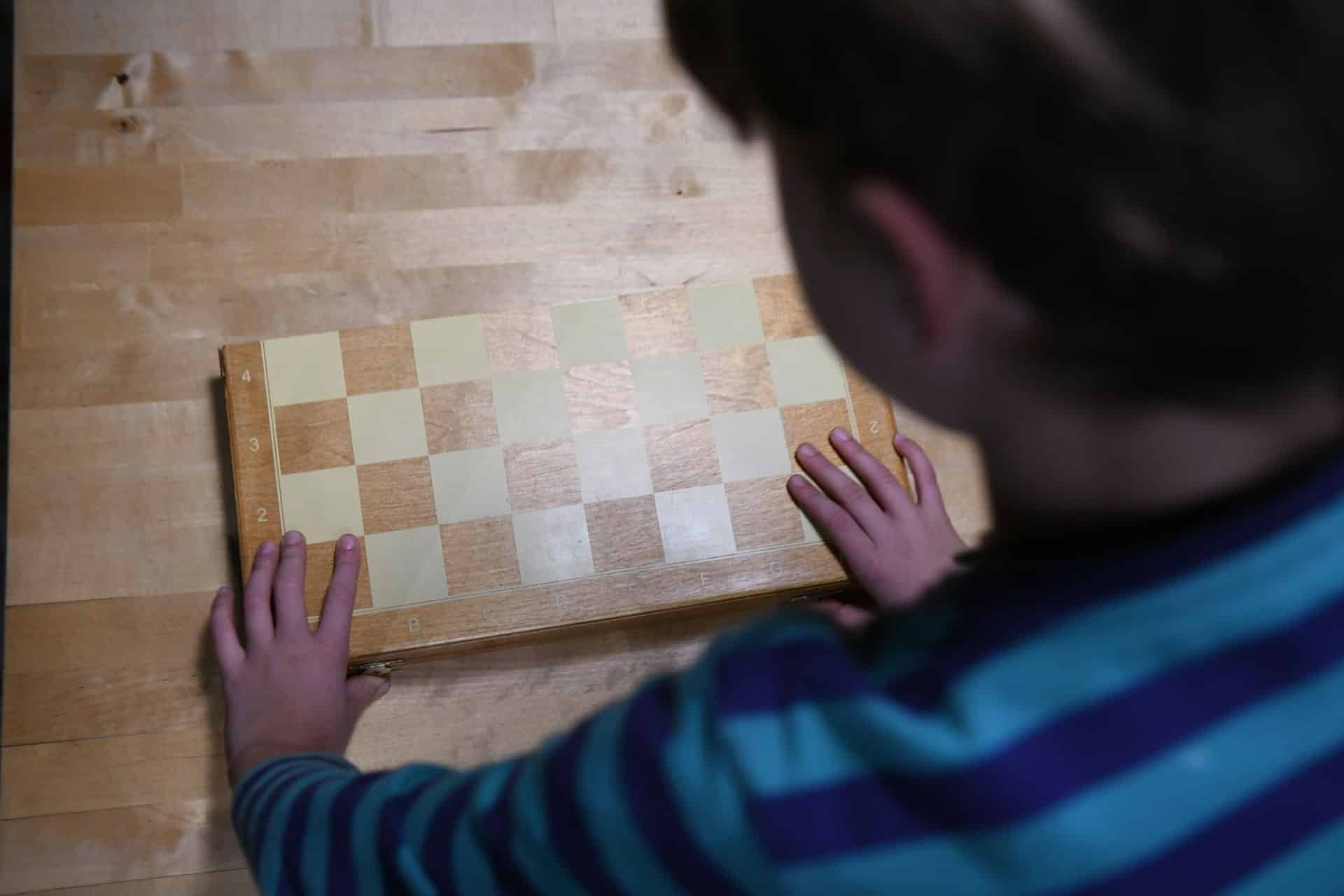Table of Contents
Introduction
In the realm of cognitive development, chess stands out as more than just a game. It's a powerful tool that offers myriad benefits, particularly for college students. This article dives into the profound impact chess has on cognitive enhancement, exploring its role in developing crucial skills such as strategic thinking, memory enhancement, and problem-solving abilities.
Chess and Brain Function Enhancement
Playing chess is not merely about moving pieces on a board; it's an exercise in deep cognitive engagement. Regularly playing chess can significantly enhance various cognitive abilities such as memory, concentration, and problem-solving skills. For college students, who are at a critical stage of brain development, chess provides a unique and challenging way to stimulate mental faculties. Engaging in chess encourages the development of higher-order thinking skills, critical for academic and professional success.
Implementing Chess as an Educational Tool
Integrating chess into the college curriculum can revolutionize learning and teaching methodologies. Successful models of chess in college courses have shown significant improvements in students' academic performance. In this section, we will explore how chess, when used as an educational tool, can enhance cognitive abilities and foster a dynamic learning environment, providing students with the tools they need for academic and professional success.
Chess in the Digital Age: Online Platforms and Resources
In today's tech-savvy world, numerous online platforms offer resources for chess learning and play. These digital tools are especially beneficial for college students, providing flexible options to practice and improve their game. Leveraging such platforms ensures that students remain connected with the global chess community and stay updated with the latest trends and strategies. It is interesting that students very often create their own lists of the most useful Internet portals for studying. Among them, you can often find resources that apply not only to chess. Among such sites are assignment maker sites or many other portals that help students not only improve their mental abilities, but also help during a difficult study period.
Neuroscience Behind Chess Playing
The game of chess is a mental workout that activates and engages multiple areas of the brain. Recent neuroscientific studies have shed light on how chess players exhibit improved brain function. This part of the article will delve into the neuroscience of chess playing, discussing how it leads to enhanced mental agility, improved decision-making skills, and increased cognitive capacity in young adults.
Understanding Cognitive Enhancement
Cognitive enhancement refers to the improvement of intellectual abilities such as memory, creativity, and problem-solving. Its role in academic performance is substantial.
Chess and Cognitive Skills
Playing chess requires and develops several cognitive skills including strategic thinking, memory, and problem-solving abilities, crucial for academic success. Numerous studies have highlighted the positive impact of chess on cognitive abilities. In colleges, its inclusion has shown remarkable results in enhancing students' intellectual capabilities. Incorporating chess into college curricula presents unique challenges and opportunities. Practical steps and solutions for integration are discussed.
Chess Clubs and Communities in Colleges
In college, chess clubs play a pivotal role in shaping students' lives. They offer a unique environment where intellectual curiosity meets strategic gameplay. Members benefit from improved problem-solving skills, enhanced concentration, and better academic performance. The clubs also serve as a social nexus, bringing together students from diverse backgrounds and fostering a sense of community.
Starting a Chess Club at Your College
Embarking on the journey of establishing a chess club requires a clear roadmap. It starts with gathering like-minded individuals, securing resources, and creating a welcoming environment for both seasoned players and novices. Building a chess community within the college not only enriches the club but also contributes to the overall campus culture.
Organizing Chess Tournaments in College
Hosting chess tournaments is a fantastic way for colleges to showcase talent and foster a competitive spirit. The key to a successful tournament lies in meticulous planning, from setting the rules to organizing the venue. Such events not only offer a platform for players to demonstrate their skills but also unite the college community in a shared experience of intellectual sport.
Chess as a Tool for Inclusivity in Colleges
Chess clubs can be powerful vehicles for promoting inclusivity on campus. They provide a common ground where students from various backgrounds can interact and learn from each other. By highlighting success stories of inclusive chess initiatives, colleges can demonstrate the game's role in bridging cultural and social divides.
Collaborating with Other College Chess Clubs
Inter-collegiate collaborations open doors to new challenges and learning opportunities. By networking with other chess clubs, students can participate in larger tournaments, share resources, and learn different playing styles and strategies. This not only enhances their chess skills but also broadens their social and academic horizons.
Chess Coaching and Mentorship in Colleges
Access to experienced players and coaches is invaluable for budding chess enthusiasts in colleges. Mentorship programs not only help in sharpening their skills, but also in understanding the nuances of the game. Such interactions are instrumental in cultivating a deeper appreciation and strategic understanding of chess.
The Psychological and Cognitive Benefits of Chess
Playing chess is not just a mental exercise; it's a comprehensive brain workout. Regular engagement with the game has been shown to enhance cognitive abilities, including memory, concentration, and problem-solving skills. Additionally, chess can serve as a stress-reliever, offering a mental escape and contributing positively to students' mental health.
Fundraising and Sponsorship for College Chess Clubs
Sustaining a chess club often requires financial resources. Effective fundraising strategies and seeking sponsorships can provide the necessary funds for organizing events, purchasing equipment, and other club activities. Creative fundraising ideas and establishing partnerships with local businesses or alumni can greatly support these clubs.
The Future of Chess Clubs in Colleges
As we look to the future, the role of chess clubs in colleges is likely to grow even more significant. Emerging trends in digital technology, increased recognition of the game's educational benefits, and a growing global chess community all point towards a bright future for these clubs. They are poised to continue making a significant impact on students' personal and academic development.
In conclusion, chess clubs and communities in colleges represent a unique blend of intellectual challenge, cultural exchange, and social interaction. They offer students a platform to develop critical thinking skills, engage in meaningful community-building activities, and form lasting friendships. As these clubs evolve and adapt to the changing times, their importance in the college landscape will only increase, nurturing a new generation of thinkers, leaders, and chess enthusiasts.






